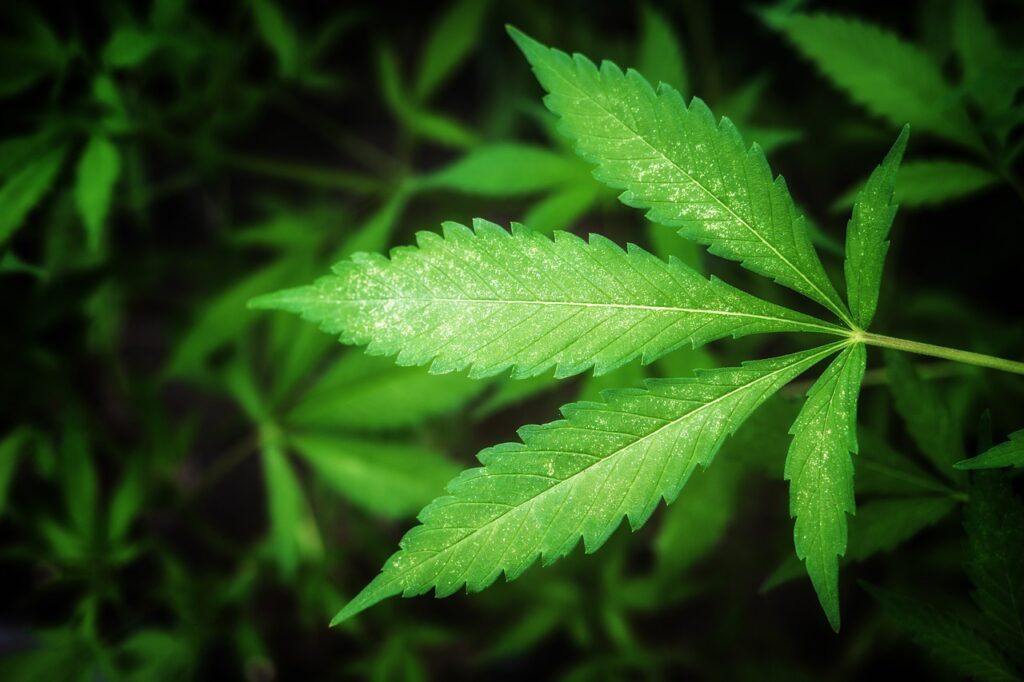In recent years, the conversation around cannabis has expanded beyond the psychoactive effects of THC. One compound gaining attention is THCA, or tetrahydrocannabinolic acid. Unlike THC, THCa flower benefits does not produce a high, yet it offers a range of potential benefits that are capturing the interest of researchers and consumers alike.
Understanding THCA
THCA is a non-psychoactive cannabinoid found in raw and live cannabis. It is the precursor to THC, meaning it converts to THC when exposed to heat through a process called decarboxylation. This transformation is what typically happens when cannabis is smoked or vaporized.
How THCA Works
THCA interacts with the body’s endocannabinoid system, which plays a role in regulating various physiological processes. Unlike THC, THCA does not bind directly to CB1 receptors in the brain, which is why it does not produce psychoactive effects. Instead, it influences other receptors and enzymes, contributing to its potential therapeutic properties.
Potential Health Benefits of THCA
Research into THCA is still in its early stages, but preliminary findings suggest several promising health benefits:
- Anti-inflammatory Properties: THCA may help reduce inflammation, making it a potential option for conditions like arthritis and inflammatory bowel disease.
- Neuroprotective Effects: Studies indicate that THCA might protect brain cells, offering potential benefits for neurodegenerative diseases such as Alzheimer’s and Parkinson’s.
- Anti-emetic Benefits: THCA has shown promise in reducing nausea and vomiting, which could be beneficial for patients undergoing chemotherapy.
- Antioxidant Properties: As an antioxidant, THCA may help combat oxidative stress, which is linked to various chronic diseases.
Case Studies and Research
Several studies have explored the effects of THCA, providing insights into its potential applications:
Inflammation and Pain Management
A study published in the “Journal of Pharmacology” found that THCA reduced inflammation in animal models. This research suggests that THCA could be a valuable tool for managing pain and inflammation without the psychoactive effects of THC.
Neuroprotection
Research conducted by the “British Journal of Pharmacology” highlighted THCA’s neuroprotective properties. The study demonstrated that THCA could protect neurons from oxidative stress, a key factor in neurodegenerative diseases.
Nausea and Appetite Stimulation
In a study focusing on nausea, THCA was found to be effective in reducing symptoms in animal models. This finding opens the door for further research into its potential use for patients experiencing nausea due to chemotherapy or other treatments.
Consumption Methods
THCA can be consumed in various ways, each offering different benefits:
- Raw Cannabis Juicing: Consuming raw cannabis through juicing preserves THCA, allowing users to benefit from its properties without psychoactive effects.
- Tinctures and Oils: These products can be made from raw cannabis, providing a convenient way to incorporate THCA into a daily routine.
- Topicals: THCA-infused creams and balms can be applied directly to the skin, offering localized relief for inflammation and pain.
Legal Considerations
The legal status of THCA varies by region. In some areas, THCA is considered legal as it does not produce a high. However, regulations can change, and it’s important for consumers to stay informed about the laws in their area.
Conclusion
THCA presents a fascinating area of study within the cannabis industry. Its potential benefits, ranging from anti-inflammatory and neuroprotective effects to nausea reduction, make it an appealing option for those seeking therapeutic effects without the high. As research continues, THCA may become a key player in the development of new cannabis-based therapies.

